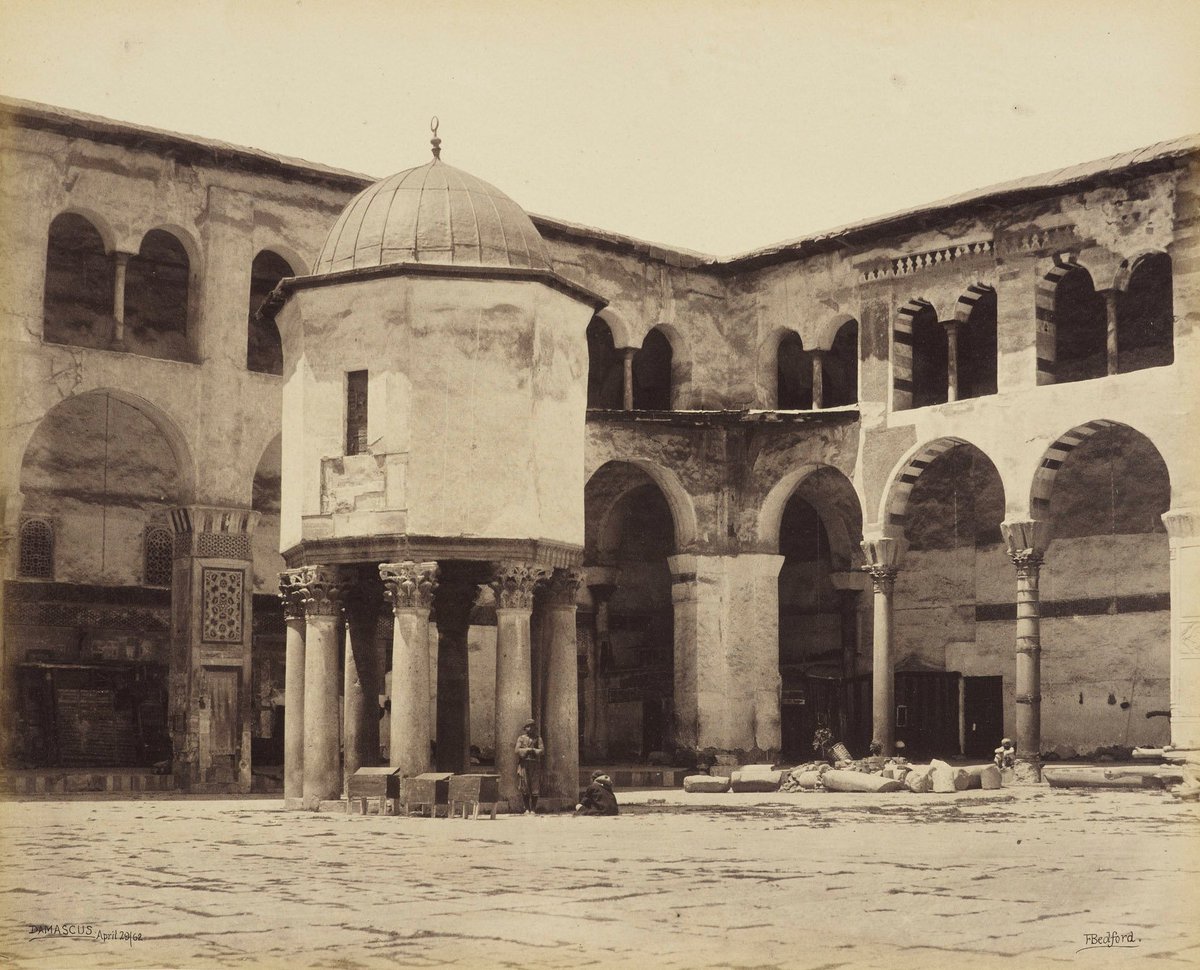
Someone recently asked me about my thoughts on this "Mary, sister of Aaron" topic, and I warned him that they're pretty pedantic, so here it goes ...
https://twitter.com/provingislam/status/1491876550425387010?s=20&t=_v9Y2iwug_iIXKaOjc7DQA
I suspect that the comments refers to this old thread. My point there was NOT that the Qurʾan *definitely* thinks that Mary, the mother of Jesus, is the sister of Aaron, but rather that the idea that it’s an error was never seriously ...
https://twitter.com/shahanSean/status/1161730325397028866?s=20&t=_v9Y2iwug_iIXKaOjc7DQA
considered by Muslim scholars (for obv reasons). They considered *any* explanation more plausible than the explanation that it’s a simple historical error. Another point I make is that the explanations that they offer are all flawed in some way...
An *inverted* tafsīr, that does not begin with faith, might say, “This is an error, but how so?” The error could be seen in a few ways:
[1] the passage shows that the text thinks that Mary, the mother of Jesus, is the sister of Aaron, an anachronistic error.
OR ...
[1] the passage shows that the text thinks that Mary, the mother of Jesus, is the sister of Aaron, an anachronistic error.
OR ...
[2] the passage reproduces the Christian belief that Mary is an Aaronid, an anachronistic claim and a blind motif adapted from later (ahistorical) Christian traditions.
(One could list more ways, but who cares really …)
#1 faces the problem of explaining why ...
(One could list more ways, but who cares really …)
#1 faces the problem of explaining why ...
the Qurʾan *seems* to distinguish btw Mary the mother of Jesus, on the one hand, and the unnamed sister of Moses in Q. 20:40; 29:11-13), a role assigned to Mariam, daughter of Amram in the Bible. ...
#2 faces a problem that this NOT a mainstream Christian idea – Davidic descendent is paramount - so one has a) find attestations of it in the Qur'anic context and in Christian literature and b) posit a plausible mechanism for its appearance in the Qur'an...
All of this is to say that I think that “the Qurʾan made an error” is prima facie just as plausible of an explanation as any others at this point, but there’s no clear winner (to me). But that is only because ...
I regard the Qurʾan as just as susceptible to historical error as are the Bible or Shakespeare’s Julius Caesar for that matter. Like all of these text, I think the Qur'an contains historical errors (some more obvious than others) ...
Theologically, if you want to cut the Gordian knot on this Mary thing, you could make a fideist appeal to the divine authority of the text and say that God’s revelation answers a question for which historical inquiry, due to its limitations, cannot provide a definitive answer.
• • •
Missing some Tweet in this thread? You can try to
force a refresh















